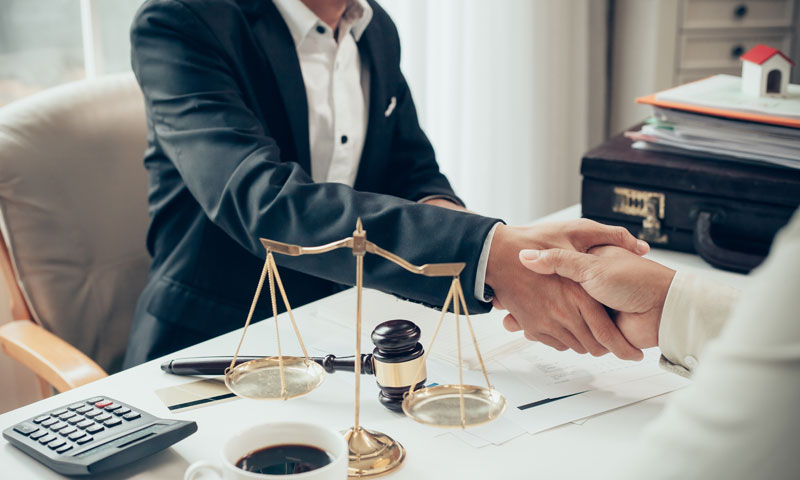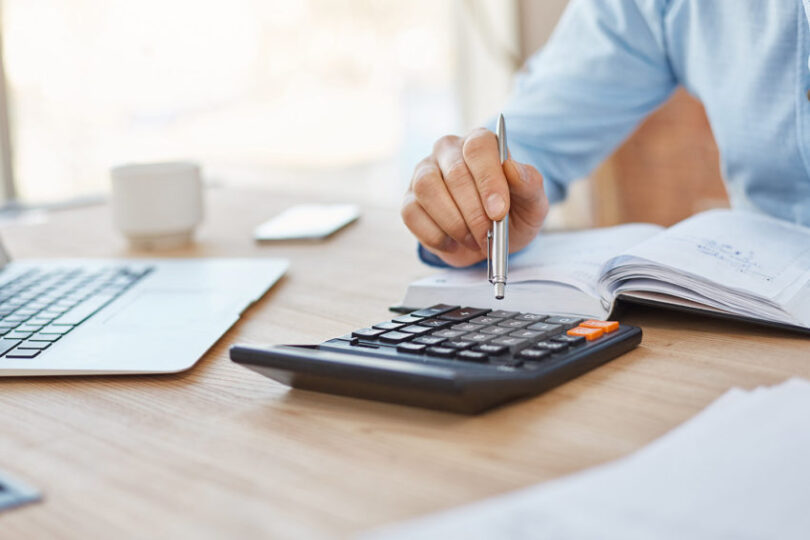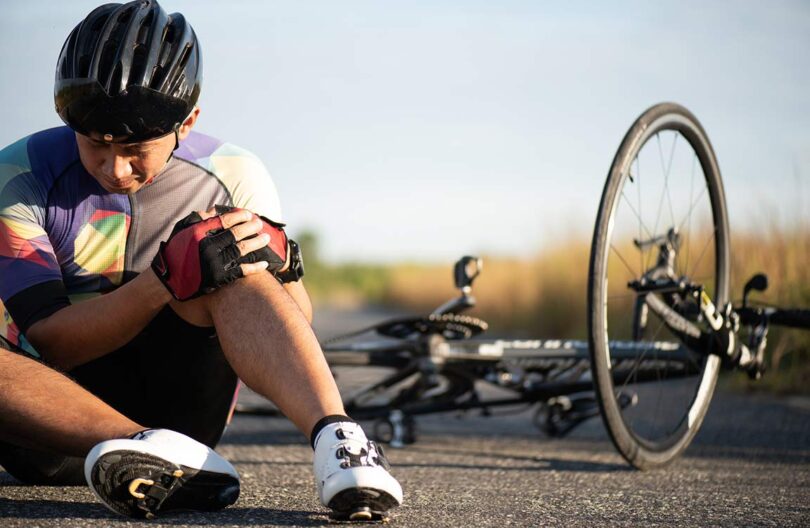It’s a hard fact of life – bicycle accidents happen. Every year, millions of cyclists find themselves involved in accidents that can range from minor to severe. While it’s important to make sure you get the right medical treatment and care, it’s also important to make sure you receive the right settlement for your incident.
1. Understanding Bicycle Accident Liability
In order to receive a fair settlement for a bicycle accident, it is important to understand the basics of bicycle accident liability. Most bicycle accidents are considered to be “negligence” – meaning that both parties have failed in some manner to behave with due care and caution. Therefore, in order for the plaintiff (the injured party) to successfully receive compensation from the defendant (the responsible party), they must prove that the responsible party was either negligent or careless in their actions and that this negligence/carelessness led to the injury.
In proving negligence there are four key elements: duty, breach of duty, causation, and damages. The first two elements focus on whether or not the defendant had an obligation (duty) as well as if they broke this obligation (breach of duty). If these two requirements are proven true then causation must also be proven – meaning there must be a direct link between the breach of duty and injury should be established. Finally, it must be proven that damages occurred due to this causative link – physical injuries, medical expenses, pain, and suffering which are all applicable damages for personal injury cases involving bicycles.
2. Working With an Attorney

Source: bcgsearch.com
For those who are navigating the insurance negotiation process after being involved in a bicycle accident, it is strongly advised to seek legal counsel from an experienced attorney who specializes in bicycle accident cases. An attorney with this particular skill set will be best equipped to ensure that your rights are properly enforced and that you receive the compensation you deserve.
To get started, contact several bicycle accident attorneys to conduct a brief phone interview about their background, expertise, and previous success stories. Compile notes on each one, then choose your favorite attorney by considering factors such as communication style, availability, cost, and background knowledge. Once you have made your selection of an experienced bike accident lawyer, they can begin gathering evidence and reviewing the facts of your case as they work on gathering key testimonies to support your claim. They should also fight for adequate medical coverage for any injuries sustained in the crash. Such an attorney can be found at injured.ca.
3. Determining the Value of Your Claim
Before considering a bicycle accident settlement amount, you need to determine the value of your claim. This usually involves figuring out the costs associated with medical treatment, specific property damage, wages lost due to recovery time, and other expenses related to the accident. It’s important to bear in mind that non-economic damages such as pain and suffering are often harder to evaluate in terms of a monetary amount but can still be included in your overall claim.
Here are some questions to ask when preparing your claim:

Source: chalatlaw.com
- What medical expenses have already been incurred?
- Are any future medical care needs anticipated?
- Have you experienced any loss of wages due to missing work for recovery or medical appointments?
- If yes, how much money has been lost?
- Did you purchase specialized cycling equipment or clothing that was damaged in the accident?
- If so, what amount is reasonable for its replacement?
- Is there any additional repair work or physical therapy needed as a result of the accident?
- What is a reasonable estimate for these services based on local market rates?
- If you suffered pain and suffering, what do you believe is an equitable manner in which that should be monetized as part of your settlement?
4. Gathering Evidence for Your Claim
Having effective documents and records will help prove your claim and get you the compensation you deserve.
Here are some tips for gathering evidence when dealing with a bicycle accident settlement:
- Take photographs of any debris from the accident scene as well as any visible injuries.
- Obtain police reports for documentation of liability and provide a detailed account of what happened during the incident.
- Retain bills and other documents from medical providers that show any expenses related to the injury resulting from the bicycle accident.
- Save receipts for any items you’ve purchased in connection with injuries (e.g., prescriptions, bandages, crutches).
- Keep a journal or diary where you document symptoms associated with your injury (including pain levels) as well as how your injury has impacted your daily life (e.g., inability to exercise or participate in hobbies).
5. Negotiating a Settlement

Source: calbizjournal.com
When beginning settlement talks, it is essential to have an understanding of what kind of compensation you are seeking and how much you should ask for. Be sure to consider not just direct medical expenses but also pain and suffering, emotional distress, loss of wages, property damage, and other issues when weighing your demands.
Additionally, consider whether the defendant’s insurance policy includes provisions for punitive damages or other special considerations that may warrant higher settlements than expected.
Conclusion
At the end of the day, whether or not you receive fair compensation for your bicycle accident depends on your ability to present a comprehensive claim. Make sure you have as much evidence as possible. Take pictures of your bike and any visible injuries, document medical bills and time missed from work, and assemble testimonies from witnesses if possible. All of these pieces are crucial in convincing the insurance company and court that you deserve a sufficient settlement.
Additionally, it’s important to remember that bicycle injury claims can be complicated, so don’t hesitate to seek assistance from an experienced accountant or attorney if needed. The more prepared you are before filing a claim, the smoother the process will be and the higher likelihood of achieving a favorable outcome.







